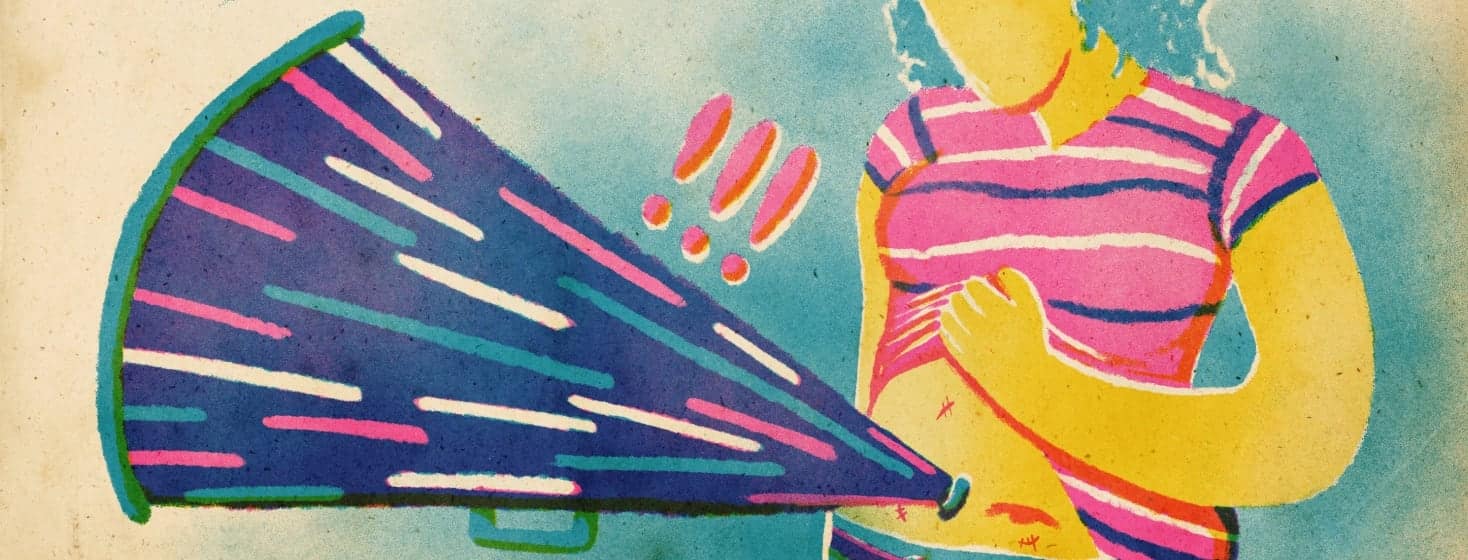Why IBD Invisible Day or Week Isn't Good Enough For Me
Invisible awareness day; it’s talked about all of the time. We’re aware. Down in the trenches of advocacy and activism in whatever form your's looks like - we’re all just doing our best to educate others on disabilities and medical conditions.
Many of the reasons we advocate are because our diagnosis stories contained a lack of education and learning about short & long-term effects of IBD.
Others don't see the pain of invisible illness
So many others don’t see the pain of invisible illnesses. To us, it’s nothing new. Excruciating pain & learning to live with it and accepting what chronic pain and illness is. Accepting it. Accepting it despite others being unable to “see” my illness.
Invisible illness day and awareness weeks never stop being relevant when you live it every day and know how all-consuming it can be. It will never stop being relevant.
No matter how much someone smiles, laughs, or gives to others, we still may not know how much they are truly suffering from things that aren’t "visible" to the naked eye.
The hidden pain that people with Crohn's deal with
Looking at us in public, on holiday, or in a small group of people, you'd never know what the toll of living with Crohn's disease does to someone.
Many don't 'get it' or try to understand, thinking that when someone with IBD puts their mask down & tries to educate others...are often encountered with condescending comments or backhanded comments like 'but you don’t look that sick.'
We don't want pity, we want respect
While that might be the truth for some of the time, the moments we lift our shirts to expose our scars, central lines, or bags of TPN/nutrition, we are met with uncensored responses of ____? Or, have you done THIS diet? Guilt & sympathy we don’t ask for. We're met with responses we hear every day that aren't helpful.
We don't share our stories for sympathy or pity, to inflict guilt, or to make others feel bad about how they may have acted when faced with an invisible illness. But rather for the respect we are entitled to.
An opportunity to educate others about IBD
You may not see my chronic pain, but if you genuinely ask me a question regarding my IBD, I use that as an opportunity to educate someone that truly values my response. It’s in those moments that a light within turns on when you’re able to educate someone about the human body and how lives can be incredibly redirected when faced with diagnoses.
In turn, if the topic were to come up again, that person might feel a bit more knowledgeable & talk about friends or family and how that person can manage life beyond chronic illness, achieving their goals. (this has nothing to do with suggesting treatments of your aunt's sister's husband's grandmother's ancestors used to "cure" their IBD. (Don't do that. Don't ever do that.)
I share this because there are so many people who are flabbergasted when they find out about my diagnoses & what I've gone through to be diagnosed, how I can be most proactive & ultimately, how I can educate others while learning to be my own voice, my own advocate & achieve goals I've set.

Join the conversation